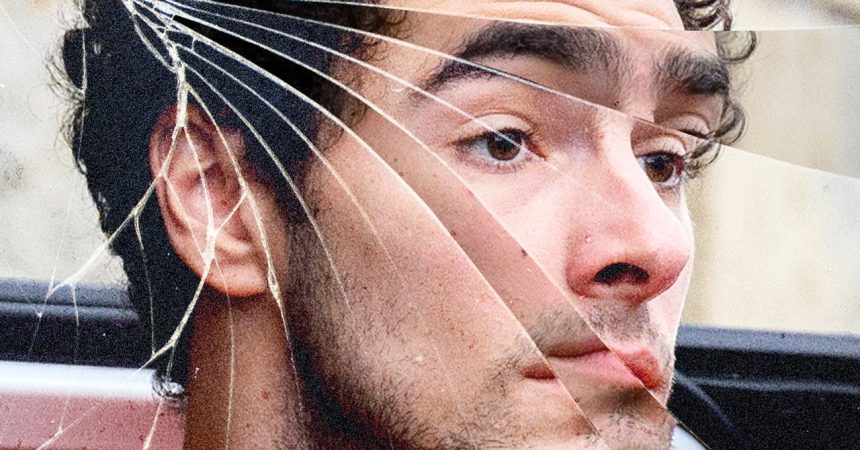The online fascination with Luigi Mangione, the accused murderer of UnitedHealthcare CEO Brian Thompson, reveals a complex interplay between public frustration with the healthcare system, the romanticization of criminals in popular culture, and the allure of true crime narratives. The internet’s swift anointment of Mangione as a folk hero, even before his apprehension, speaks volumes about the deep-seated resentment towards the healthcare industry, particularly its perceived inaccessibility and exorbitant costs. Memes and social media posts served as outlets for this collective frustration, transforming Mangione into a symbolic representation of resistance against a system perceived as oppressive. This phenomenon highlights how online spaces can become breeding grounds for narratives that resonate with widespread anxieties, blurring the lines between genuine concern and morbid fascination.
While public anger towards the healthcare system provides a partial explanation for the initial interest in the case, the subsequent romanticization of Mangione himself introduces another layer of complexity. This fascination, fuelled by his physical attractiveness and the dramatic narrative surrounding the crime, aligns with a broader trend in media and entertainment. The current popularity of true crime series, often portraying criminals with a degree of glamour and intrigue, contributes to a cultural environment where such figures can become objects of morbid curiosity and even admiration. This romanticization, while disturbing, reflects a societal fascination with the darker aspects of human nature, a fascination further amplified by the accessibility and immediacy of online platforms.
The suggestion of a potential Netflix series based on the Mangione case, possibly starring Dave Franco due to their resemblance, raises ethical concerns about the exploitation of real-life tragedies for entertainment. While true crime narratives can offer valuable insights into criminal psychology and the justice system, the line between informative portrayal and sensationalized exploitation is often blurred. In the Mangione case, the wounds are still fresh, the legal proceedings ongoing, and the potential for further pain and suffering for the victim’s family is significant. Rushing to create a dramatic retelling of this tragedy risks trivializing the real-life consequences and turning a complex situation into a mere spectacle for public consumption.
Furthermore, the comparison to previous true crime adaptations like “Dahmer” and “Monsters: The Lyle and Erik Menendez Story” highlights a crucial difference: time. In those cases, decades had passed since the crimes and subsequent trials, allowing for a degree of historical distance and perspective. The Mangione case, however, is still unfolding. Adapting it into a miniseries so soon after the events risks interfering with the ongoing legal process and potentially influencing public perception of the accused. Such a rapid adaptation would not only be disrespectful to the victim and their family but could also compromise the integrity of the justice system.
The allure of a “Bonnie & Clyde” style romanticization of the Mangione case should be resisted. While the infamous duo’s criminal exploits have been immortalized in film and popular culture, their story took place decades before the adaptation, allowing for historical context and a degree of detachment. The Mangione case lacks such distance, making any attempt at romanticization not only insensitive but also potentially dangerous. Glorifying criminal acts, especially those involving violence and loss of life, risks normalizing such behavior and desensitizing audiences to the real-world consequences.
Ultimately, the online fascination with Luigi Mangione reflects a complex interplay of societal factors, from frustration with the healthcare system to the allure of true crime narratives. However, this fascination should not be mistaken for a justification for exploiting a recent tragedy for entertainment purposes. A potential Netflix series based on the Mangione case would be premature, insensitive, and potentially harmful. It is crucial to remember that behind the memes and online discussions lies a real-life tragedy with real-life consequences. Respect for the victims and the integrity of the justice system demands a more thoughtful and responsible approach to this sensitive subject matter.



